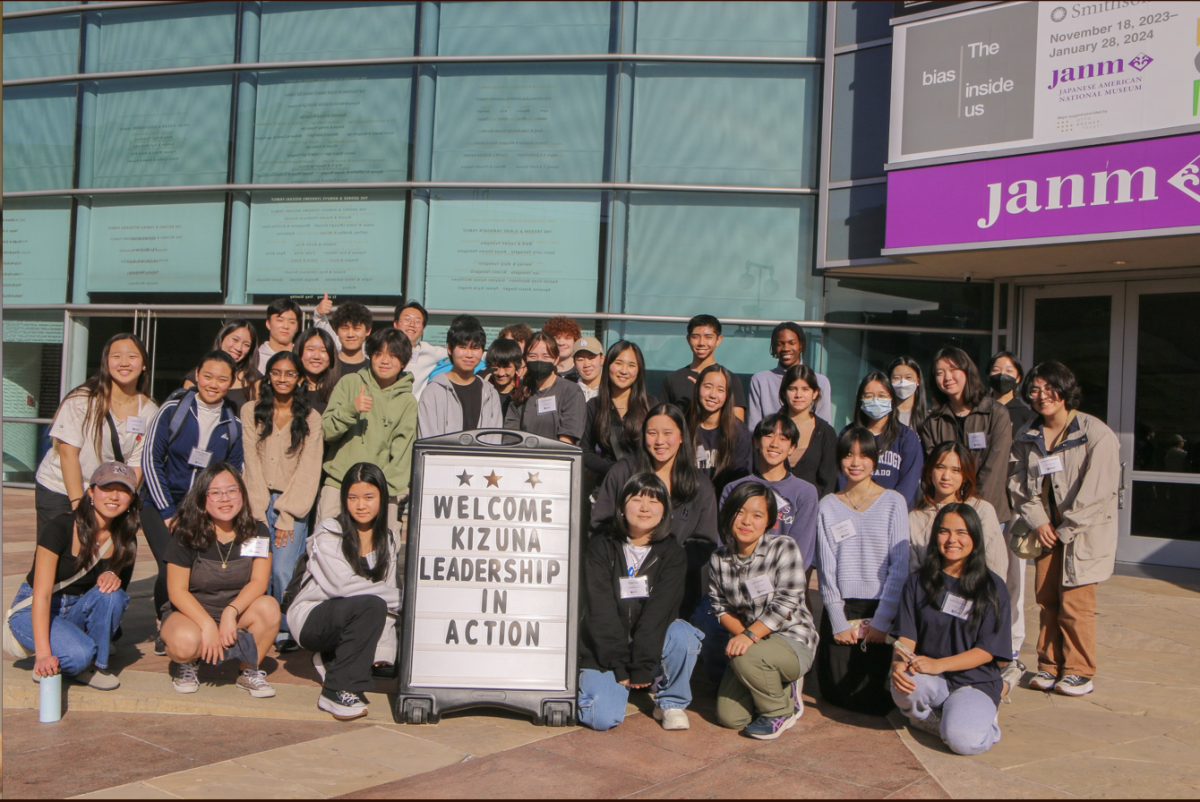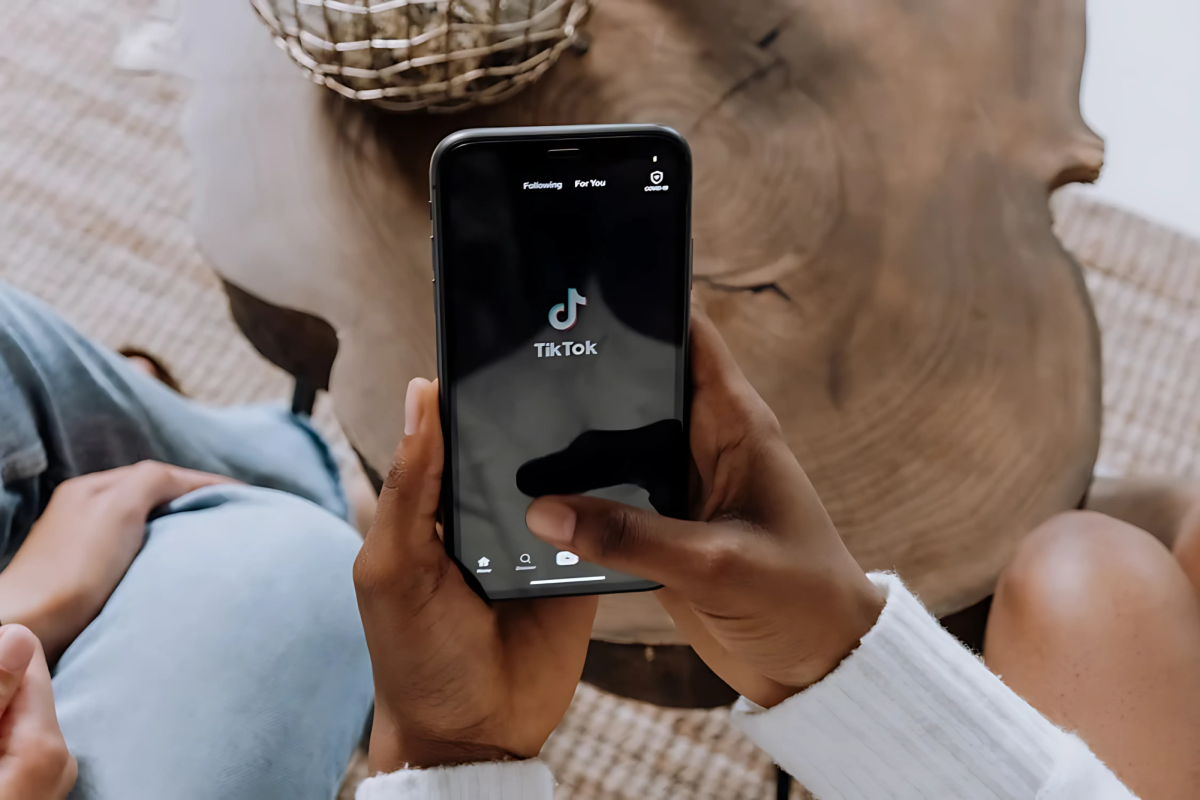Picture yourself driving with your friend on a perfect summer afternoon. The music is blasting, you’re singing along, but then your friend’s phone goes off and it’s a text from another friend you made plans with. You see your friend reaching for their phone while they’re driving and you could, A) tell them to focus on the road or B) just let them send their text message. The California Highway Patrol is optimistic that you would choose option B in their recent programs to prevent Distracted Driving. The CHP is cracking down on the drivers who would rather read a text message then focus on the lives before their eyes.
Police officers all over the state are keeping their eyes open for any lawbreakers on the road. The CHP created this campaign three years ago in order to remind drivers of the dangers of distracted driving. According to independent.com, in the year 2011 alone, “it estimated more than three thousand people were killed in crashes involving a distracted driver and an additional 387,000 people who were injured in a motor vehicle involving a distracted driver.” In reviewing these statistics, the CHP hopes that this will encourage all commuters on the road to travel safely.
The Zero Tolerance Distracted Driving Enforcement Operation looks for motorists who are using their cell phone without a hands free device, texting and driving, or are seen doing an activity that could distract them from driving safely. Drivers who are caught doing any of these dangerous activities will receive a ticket. On the Santa Barbara online newspaper, last April there were “more than 157,000 tickets [that] were written statewide for texting and hand-held cell use.” AT&T and other cell phone services have created videos in an attempt to spread the awareness of this campaign.
Even West High students are hearing about new Distracted Driving Awareness efforts. Because teens begin to drive in high school, the CHP and other police departments around the state want students to also understand the dangers of impaired driving. When asked if she texts and drives, junior Sydney Weinberg (11) replied, “I don’t text and drive. I would never put mine or someone else’s life in danger.” On the other side, Clarissa Graves (11) said, “the truth is I do text and drive because sometimes it’s a text that is really important and I need to reply.” While Graves may not be the example of an ideal teenage driver, many other West students consistently practice safe driving techniques. In agreement with Weinberg’s response, Jonathan Wright (11) said, “I don’t text and drive because it’s dangerous and I don’t want anyone to get hurt.”
But in addition to texting related accidents, 60% of teenage deaths on the road are attributed to alcohol. Additionally, several studies show that up to 90% of students say that they would drive mildly drunk on prom night. With the big night only days away, it is important for students to remember safety behind the wheel. Not only is underage drinking illegal, but the consequences also extend beyond a ticket. Underage DUI recipients receive a fine, a probation on their licenses, and a mark on their records that future employers may look into.
No matter the age or how far the commute, it is always important to practice responsible driving techniques.







